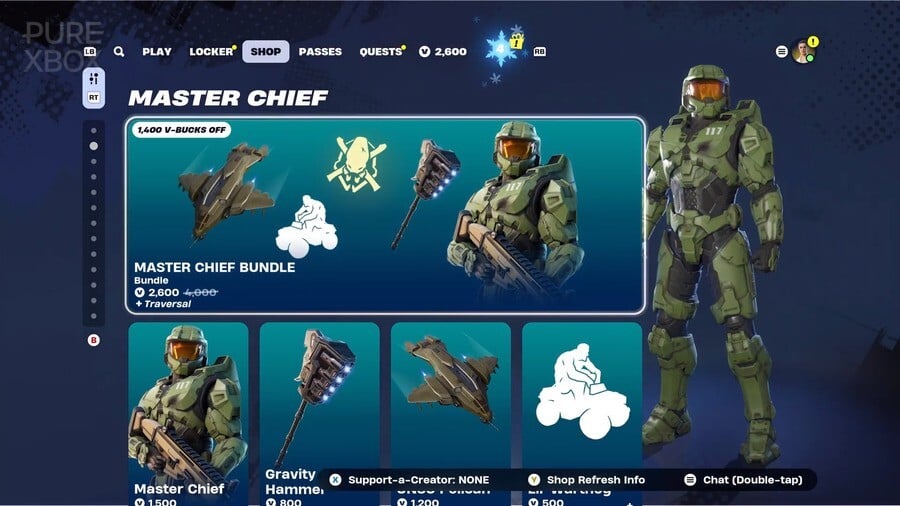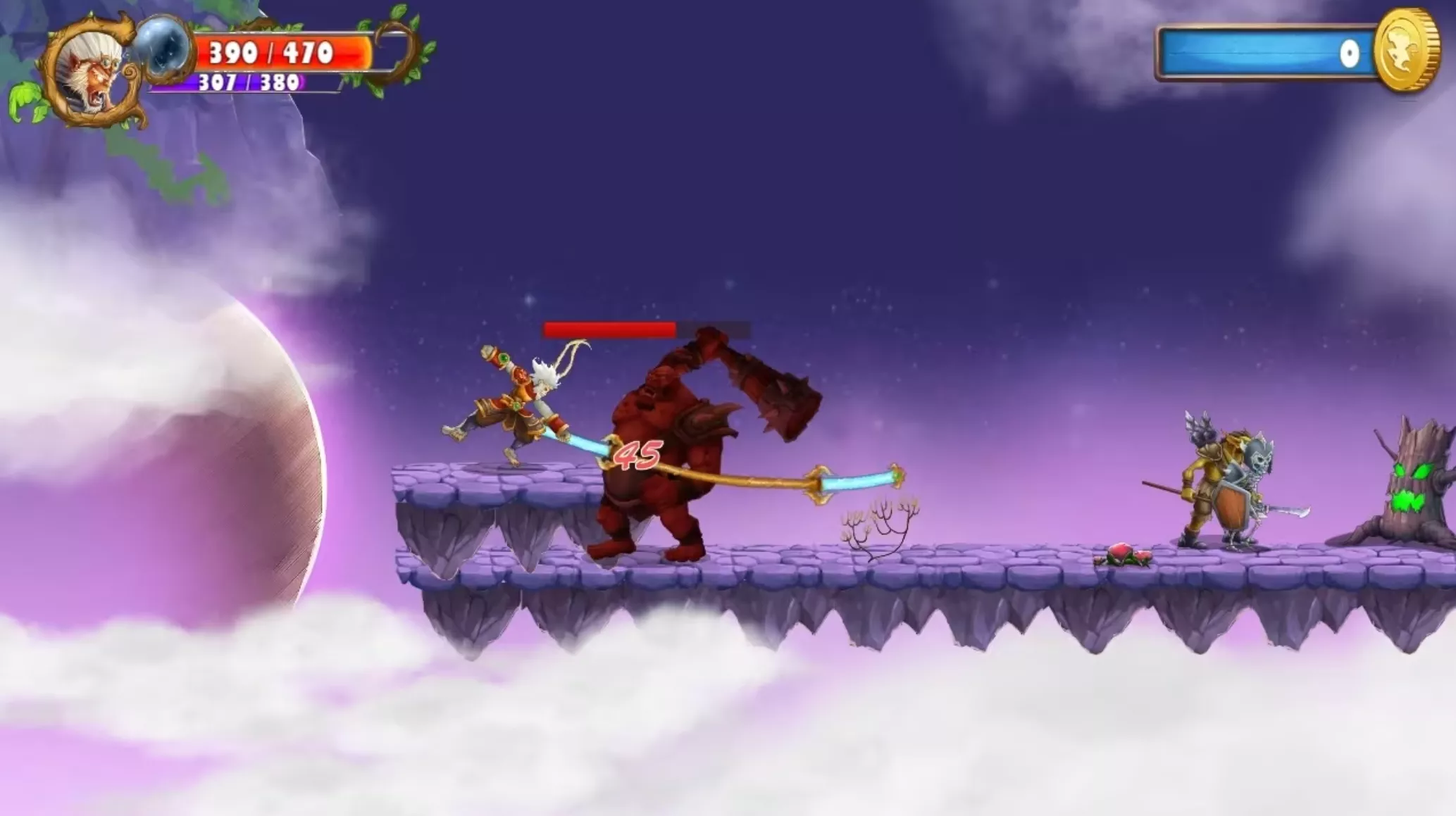If you currently access Fortnite and explore its user-generated content, you’ll quickly notice something unusual: Many of the user-generated maps feature AI-generated artwork of men, commonly shirtless, smiling, and holding food. Some of these images also portray racist content. Despite this, thousands of players on Fortnite platforms are engaging with these games, and Epic seems unaware of this or is not taking action to remove the inappropriate images flooding the game. Fortnite, which was launched in 2017, has evolved to include various games such as Fortnite Festival, Rocket Racing, and Lego Fortnite. The game also features a robust creator tool that enables players to create new maps and games within Fortnite, either individually or with friends. Additionally, people can use UEFN, Fortnite’s version of Epic’s Unreal Engine, to design new gameplay. In multiple ways, Fortnite has transitioned into a free-to-play video game platform with millions of players across desktop, PC, and cloud streaming.
Fortnite serves as a platform that allows creators worldwide to develop and distribute content to a vast audience, and potentially earn money if their creations become successful. However, this easy access to a large, eager audience has made Fortnite susceptible to copycats and clones who fill the platform with low-quality content. Recently, the platform has been inundated with AI-generated artwork that includes images of sometimes racist men in shirtsleeves, all in an attempt to profit from the Fortnite community. By examining user-generated maps on the official Fortnite site and the third-party site Fortnite.GG, it was possible to identify over 120 AI-generated images of older men and women featured on these user-generated maps.
Upon reviewing user creations, it becomes evident that there are numerous game names like “ARAB ZONEWARS,” “Niger ZoneWars,” “Nigerian Zonewars,” “AFRICA ZONEWARS,” and “CHINA Zonewars.” It is surprisingly easy to come across images of Middle Eastern men carrying bombs, black men eating fried chicken, and Mexican men wearing sombreros while enjoying tacos. While most maps attract limited players, some can become popular, with the user-generated game “Jamaica Zonewars” reaching 35,000 active players on January 5. This popularity surpasses that of games such as Tekken 8, Stardew Valley, and Red Dead Redemption II.
The lack of intervention from Epic has prompted players to vocalize their dissatisfaction with the situation. The influx of inappropriate content has led many players to openly question why Epic is permitting such material to infiltrate the game. Numerous players believe that Epic has insufficient oversight on the platform and speculate that the company may be allowing these creations to persist due to their popularity, which in turn draws more players and revenue.
Kotaku reached out to Epic for comment on this matter.
In the past, Epic CEO Tim Sweeney stated that the company considers itself involved in all aspects of the AI-powered conversation, outlining to PC Gamer in March 2023: “We are self-made. We have many artists in the family. We are also a hardware company. We support many game developers. Some of them will use AI, some will hate AI, and we want to be a trusted neutral intermediary that doesn’t interfere with industrial development, and doesn’t keep track of everyone’s creative information.” It is unclear whether all the AI-generated art currently present in Fortnite was created using unethical methods or training. However, it is possible that these creators are not applying their AI tools responsibly when generating discriminatory images. Despite the issues associated with AI-generated graphics and content, it is disappointing to see that Epic appears indifferent to the platform being inundated with inappropriate and offensive art.
Current Issue: Racism in AI-Generated Art in Fortnite














